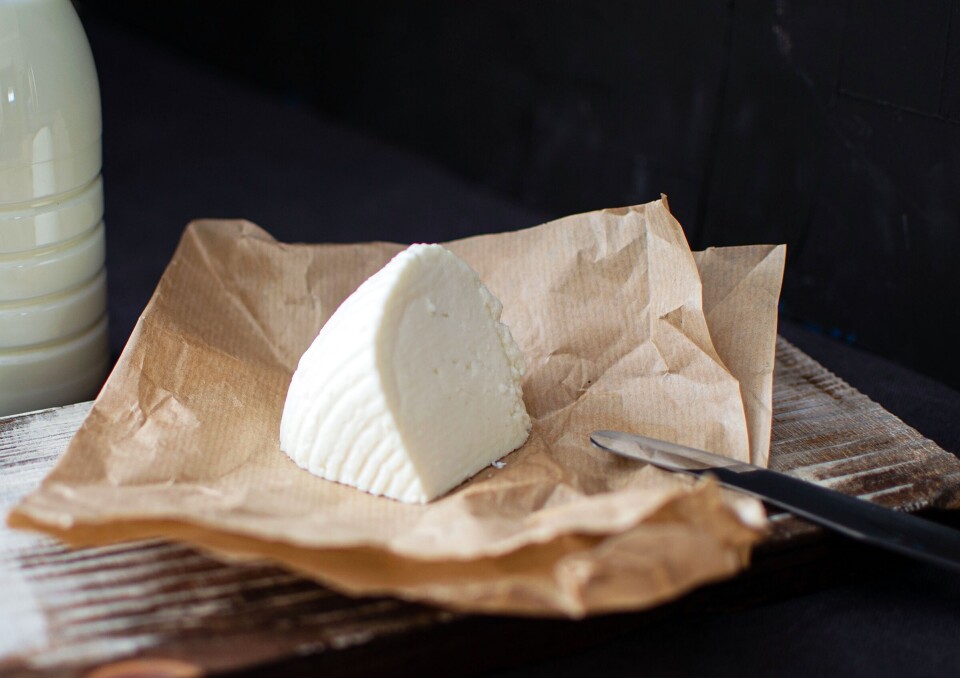-
Britons are the largest foreign community of second-home owners in Nouvelle Aquitaine
See which other departments in the region are popular with British nationals
-
Travellers risk extra costs under new Eurotunnel ticket rule
Some fare options are less flexible and less forgiving of lateness
-
May will be difficult month for train travel in France, warns minister
Two major train unions are threatening to strike and are ‘not willing to negotiate’, he says
Big recall of goat cheeses in France over E. coli fears
The cheeses were sold in major French supermarkets such as Leclerc, Monoprix, and Super U

An alert raised over the possible presence of E. coli in dairy products has led to a number of cheeses being pulled from supermarket shelves across the country.
The eleven products – goat cheeses from the Centre-Val de Loire region of France – have been recalled over the possible presence of a dangerous toxinogenic STEC E. coli variant.
The cheeses were sold in March and April in major French supermarkets including Leclerc, Monoprix, and Super U.
Some products listed are sans marque – meaning they had no official branding – and were sold locally in the area.
Official advice is not to consume any of the products, and those bought in a supermarket store can be returned to the point of purchase before Monday, May 29 for a full refund.
Last week also saw the recall of some Saint-Nectaire cheese over the possible presence of listeria, and last month a number of sandwiches including goat’s cheese were recalled due to the presence of plastic within the cheese.
Products may still be in some consumer’s fridges
The goat cheeses were mostly from the Selles-sur-Cher area but also included products from Valencay.
The products were sold in supermarkets throughout France.
Other cheeses may have been sold at local markets or distributed to local fromageries and were not branded.
You can find the full list of the cheeses concerned by the recall here.
The recall was announced over the weekend, although the cheese had originally been on sale in March and April.
Some of the products listed had best-before dates from April and early May, but are still part of the recall.
If you have any of the products listed in your fridge, you should throw them away, or return them to the point of purchase for a refund.
Read more: Nearly 6,000 food products recalled in France over two years
What is the danger?
In most cases, consumption of E. coli is harmless due to the many different strains of the bacteria.
Some variants, including the STEC forms, are harmful to the body and can cause extreme illness, however, and have often been the cause of food poisoning outbreaks.
Eating food contaminated with E. coli can cause diarrhoea, vomiting, severe abdominal pain, and can also bring on a fever.
These symptoms usually appear within one week of eating a contaminated product – if this is the case, you should instantly seek medical advice.
Symptoms can appear up to ten days after eating a contaminated product – after this date, there is little risk that you have the infection.
Children under five years old, immunocompromised people, the elderly, and pregnant women are particularly vulnerable to E. coli infections.
It is for this reason that health services recommend children under five and pregnant women do not consume raw unpasteurised milk (lait cru), and that the other groups take precautions when eating these products.
Related articles
France will change its Nutri-score food ranking system. Here is how
Some supermarket bulk buy ‘deals’ are a con, say campaigners
























